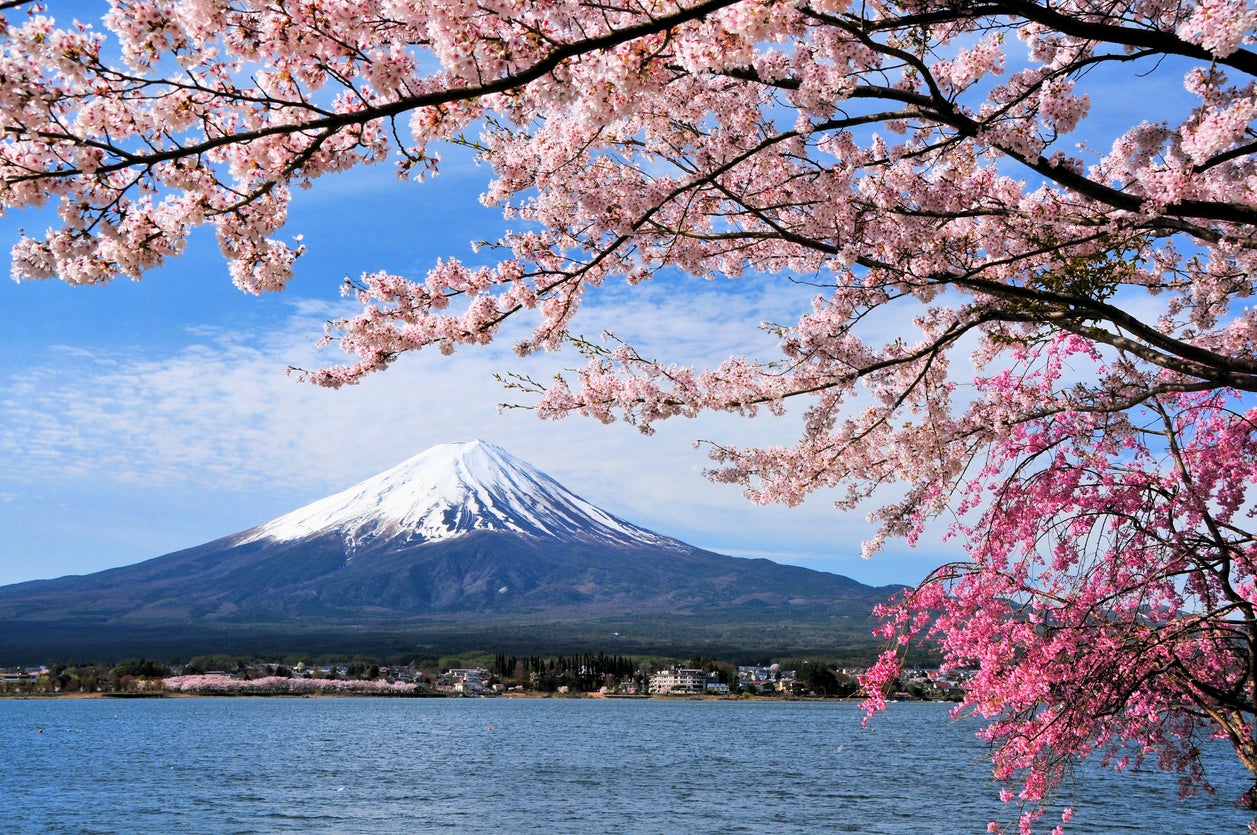Japan extends travel ban until end of February
Country had briefly reopened to some foreigners in November, but closed again after three weeks

Japan will keep its blanket travel ban on foreign nationals until the end of February, the Japanese prime minister said on Tuesday.
“The infection situations regarding Omicron are clearly different at home from abroad, so the framework (of the current border controls) will be maintained until the end of February,” Fumio Kishida told reporters.
“Because of the strictest border restrictions among the Group of Seven nations, we have been able to minimize the influx of the Omicron variant and buy time to prepare for a surge in domestic cases.”
However, it will ease some restrictions on Japanese residents, who have not been permitted to return home from certain countries since the ban was put in place.
Japanese residents will now be able to re-enter the country from 11 African nations associated with early Omicron cases - including South Africa, Zimbabwe and Namibia.
At the same press conference, chief cabinet secretary Hirokazu Matsuno hinted that the government may relax restrictions for international students next.
Japan had briefly eased its total travel ban on foreigners on 8 November - when certain business travellers, international students and technical trainees were allowed in, subject to full vaccination and a three-day quarantine.
The country then reimposed the total ban on 30 November, due to the Omicron variant.
Just 228 foreigners were allowed in during this brief window.
The strict measures were initially put in place for a month, but were extended in mid-December, making this the second extension of the rules.
It is not yet clear when the country might open to foreign tourists - November’s reopening was slated as a phased process, with the emphasis on admitting business travellers, international students and skilled workers, rather than leisure travellers.
No planned phase for allowing tourism was mentioned at the time.
Prime Minister Kishida’s ban on foreign visitors has proved popular with the Japanese public - a poll published by the Fuji television network on 20 December showed that 84 per cent of respondents were in favour of the policy.
Japan detected its first Omicron case on 30 November, and infections have risen since the new year, with 8,000 cases recorded nationwide on Saturday.
However, the country has one of the fastest vaccination rates in the world per capita, with almost 80 per cent of the population already fully vaccinated.
Join our commenting forum
Join thought-provoking conversations, follow other Independent readers and see their replies
Comments
Bookmark popover
Removed from bookmarks